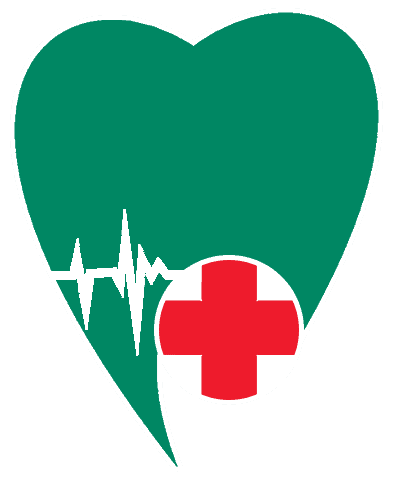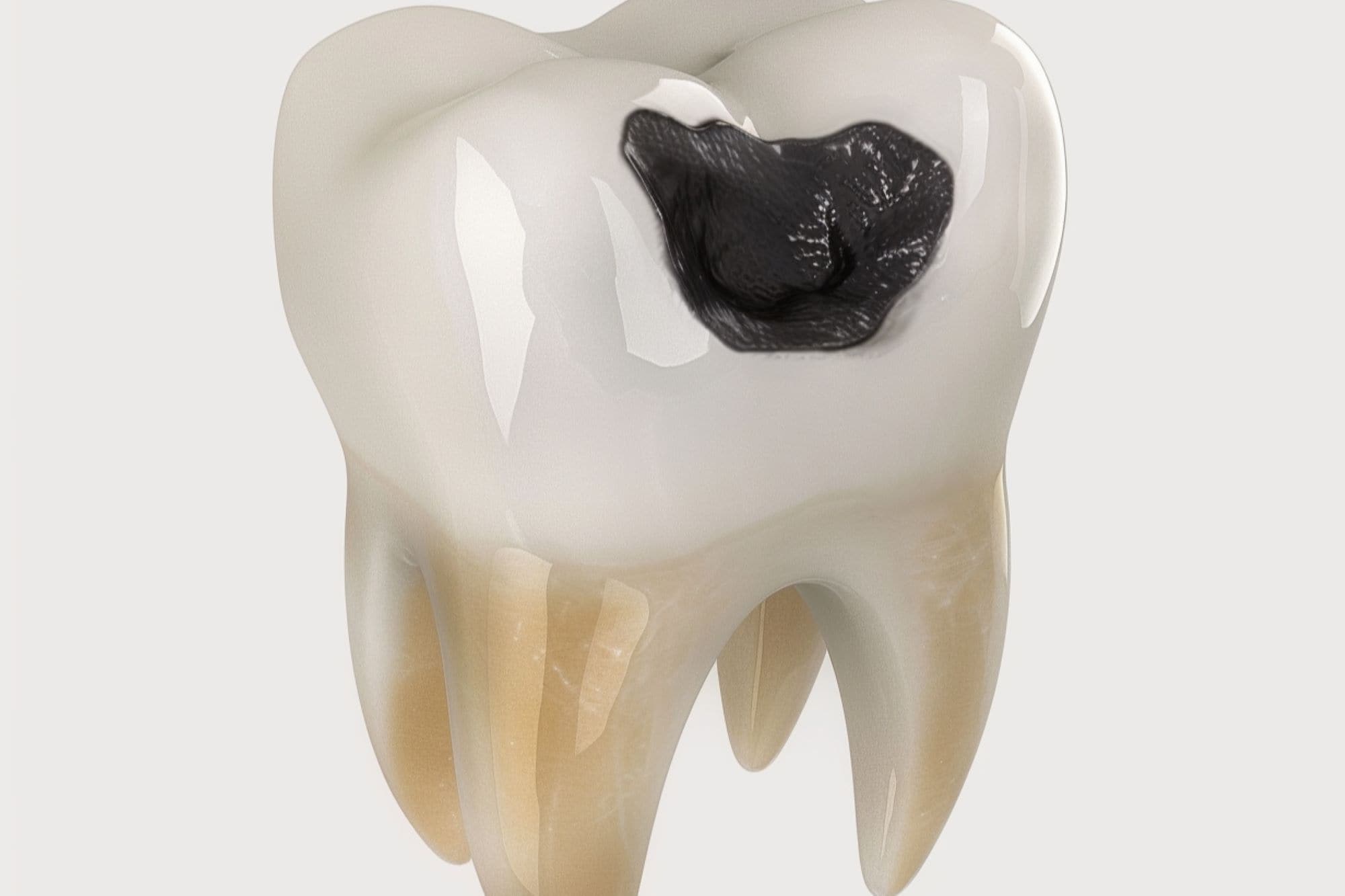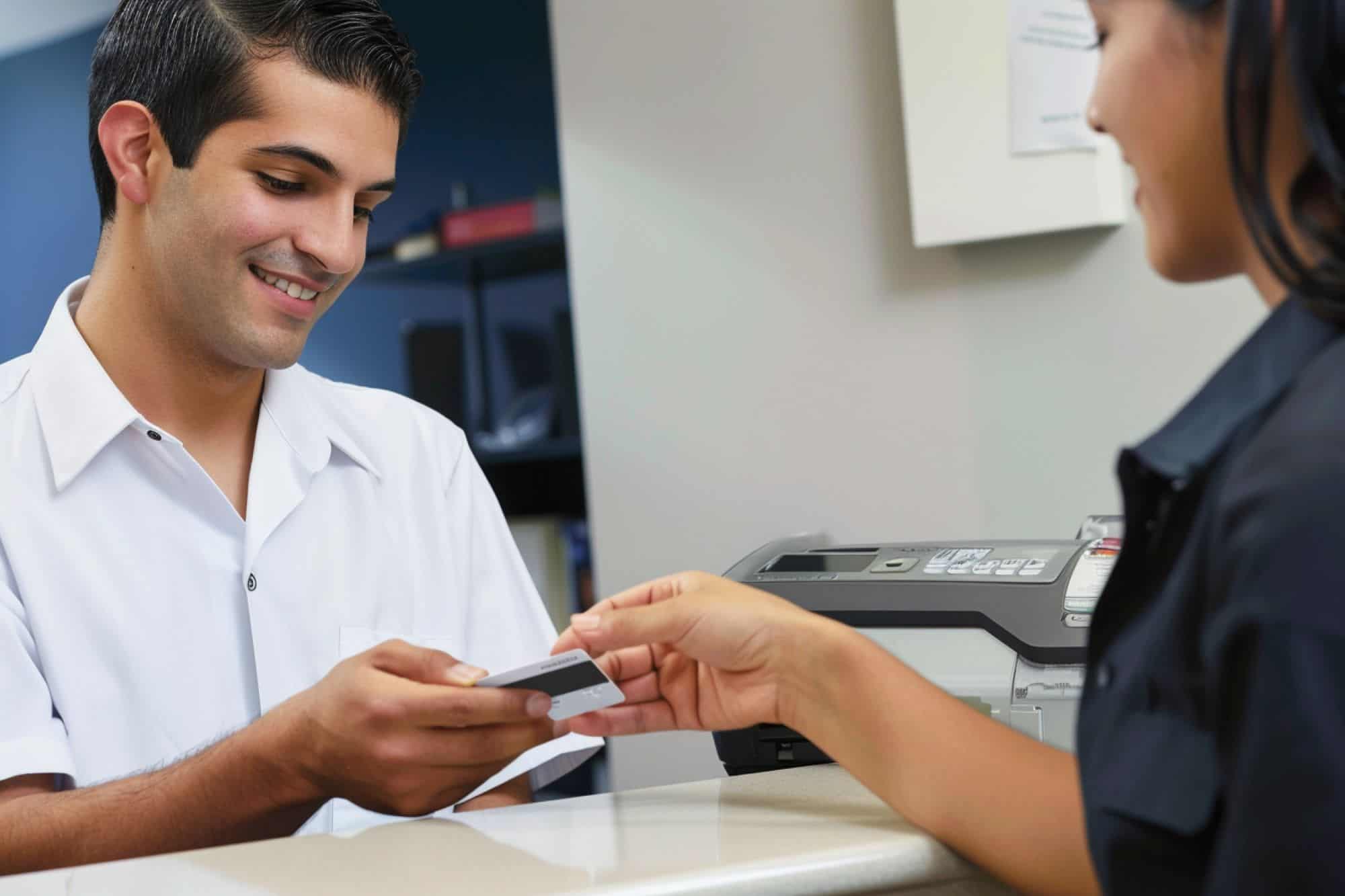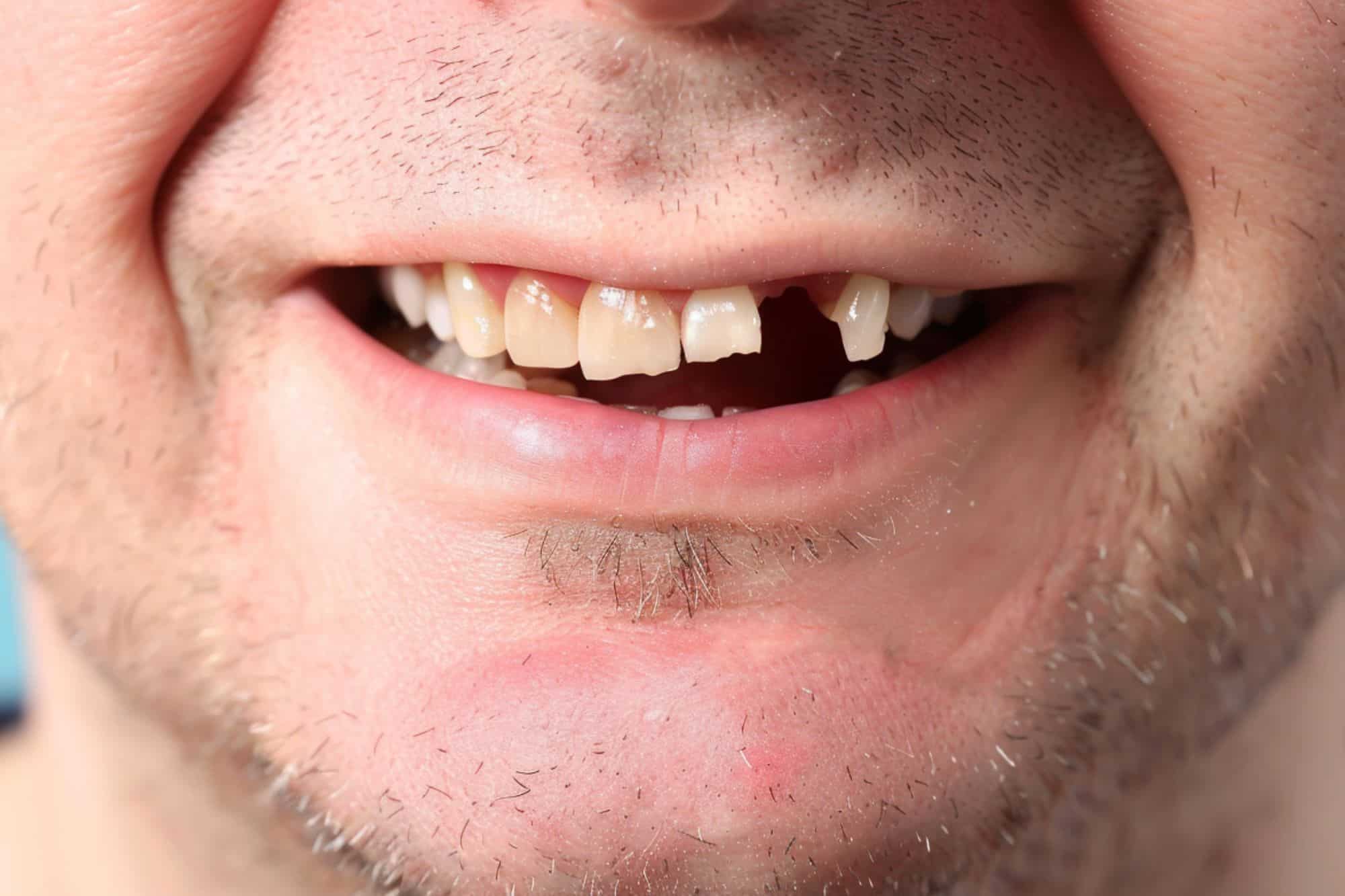Welcome to our guide on what an emergency dentist can do for you, right here in Winston-Salem. If you’ve ever faced a sudden dental issue, knowing when and where to seek help can make all the difference. Let’s explore how emergency dentists provide crucial care in urgent situations.
Understanding Emergency Dentistry
Emergency dentistry focuses on treating oral health issues that require immediate attention. These are problems that can’t wait until regular dental office hours. So, what qualifies as a dental emergency? Here are a few examples:
- Severe toothache: Pain that is unbearable and not relieved by standard painkillers.
- Accidental injuries: Such as knocked-out teeth or damaged braces.
- Lost fillings or crowns: When a filling or crown falls out, the exposed tooth may be very sensitive or painful.
- Abscess or severe infection: These can be life-threatening and require urgent care.
If you experience any of these issues, it’s crucial to contact an emergency dentist as soon as possible. They are equipped to handle these urgent needs, helping to alleviate pain and prevent further complications.
Common Procedures Performed by Emergency Dentists
Emergency dentists in Winston-Salem are equipped to handle a variety of dental emergencies with swift and effective treatments. Here are some of the most common procedures they perform:
Pain Management
During a dental emergency, patients are often primarily concerned with the pain. Emergency dentists can provide immediate pain relief by administering local anesthetics to numb the area and prescribing pain relief medications. They can also offer temporary remedies for issues such as toothaches or sore gums until a more permanent solution is possible.
Handling Dental Traumas
In cases of physical trauma to the teeth, such as being knocked out or broken, an emergency dentist can help with re-implantation, which involves putting the tooth back in place. It’s important to keep the tooth moist and handle it by the crown, not the root. Additionally, broken or loose teeth may be stabilized by bonding them to adjacent teeth, a process known as splinting.
Infection Control
Dental abscesses and other infections require immediate attention to avoid spreading to other areas of the body. Treatment options for these conditions typically include draining the abscess to alleviate discomfort and pressure, as well as antibiotic therapy to manage and eliminate the infection.
Temporary Restorations
In case of broken or lost crowns and fillings, emergency dentists can offer temporary solutions such as temporary crowns or fillings. These temporary restorations serve to protect the damaged tooth until a more permanent restoration can be placed.
Emergency procedures are vital for preventing further damage to teeth and surrounding tissues…
Emergency procedures are vital for preventing further damage to teeth and surrounding tissues, and for ensuring patients’ comfort and health until they can receive full dental care.
Advanced Emergency Treatments
In addition to managing common dental emergencies, emergency dentists in Winston-Salem are also equipped to perform advanced procedures to handle severe cases. These treatments are crucial for saving teeth and preventing serious complications.
Emergency Root Canals
When a tooth’s nerve is infected or the pulp becomes damaged, usually due to trauma or severe decay, an emergency root canal may be necessary:
Procedure: The dentist removes the infected or inflamed pulp, cleans and disinfects the inner aspects of the tooth, and then fills and seals the space to prevent any further infection.
Purpose: This treatment can save a tooth from extraction and alleviate severe pain.
Re-implantation of Teeth
For teeth that have been completely knocked out:
Immediate Action: It’s vital to re-implant the tooth as soon as possible, ideally within an hour of the accident.
Process: The dentist cleans the tooth and socket, then places the tooth back into its position. The tooth may need to be splinted with a soft wire and/or a composite material to adjacent teeth while it heals.
Surgical Extractions
In cases where a tooth cannot be saved or if it poses a health risk to the patient, surgical extraction might be necessary:
Indications: Severely broken teeth below the gum line, or teeth with extensive decay.
Procedure: The dentist may need to make an incision into the gum to properly access and remove the tooth or teeth.
These advanced emergency treatments are critical interventions that require the skill and expertise of trained emergency dentists. They help manage severe conditions and can significantly affect the patient’s overall health and recovery.
Technology and Tools in Emergency Dentistry
Emergency dentistry in Winston-Salem leverages modern technology and advanced tools to enhance treatment effectiveness and patient comfort. Here’s how technology is making a difference in urgent dental care:
Modern Technologies
Digital X-rays: Provide immediate imaging results with less radiation exposure, allowing dentists to quickly assess the condition and plan the appropriate treatment.
CAD/CAM Technology: Used for designing and creating precise restorations like crowns or veneers on-site in a single visit, reducing the need for multiple appointments.
Laser Dentistry: Utilized for various procedures, including gum surgery, cavity treatment, and to sterilize infected areas, often with less pain and faster healing times.
Benefits to Patients
The integration of these technologies into emergency dental care offers several advantages:
Speed: Procedures are completed faster, which is crucial in emergency situations.
Accuracy: Enhanced diagnostic tools lead to more accurate treatments, reducing the risk of complications.
Comfort: Techniques like laser dentistry minimize discomfort and can sometimes eliminate the need for anesthesia.
These technological advancements not only improve the efficiency of emergency dental treatments but also significantly enhance the patient experience by minimizing pain and recovery time.
Preparing for an Emergency Dental Visit
When facing a dental emergency, being prepared can help streamline the process and reduce stress. Here’s what you should know and do before visiting an emergency dentist:
What to Bring and What to Know
Dental Records: If possible, bring any recent dental records or x-rays with you. This information can be very helpful to the emergency dentist in diagnosing the problem and deciding on the best treatment.
List of Medications: Include any medications you are currently taking, as this could influence treatment options, especially if you require any prescriptions or have potential allergies.
Insurance Information: Have your dental or health insurance information ready to expedite the administrative process.
Managing Anxiety Before the Visit
Dental emergencies can be stressful, and anxiety can make the experience worse. Here are a few tips to manage anxiety before and during your visit:
Breathing Techniques: Practice deep breathing exercises to help calm your nerves.
Communication: Don’t hesitate to express any fears or concerns you have with the emergency dental staff; they are there to help you feel as comfortable as possible.
Distractions: Bring headphones to listen to music or audiobooks during your visit to help distract from the procedure.
NOTE
Being prepared and knowing what to expect can make your emergency dental visit as smooth and stress-free as possible.
Frequently Asked Questions
To round out our guide, let’s address some common questions patients in Winston-Salem might have about emergency dental care:
What are the costs involved with emergency dental care?
Costs can vary depending on the type of treatment needed. Many dental offices offer payment plans or can help you work with your insurance provider to cover the costs.
How do I know if it’s a dental emergency?
Signs of a dental emergency include severe pain, bleeding, loose or knocked-out teeth, and infections. If you are unsure, it’s always best to call an emergency dentist to describe your symptoms.
Can emergency dentists perform permanent treatments?
Yes, emergency dentists can often perform permanent treatments on the spot or will provide a temporary solution until a permanent treatment can be applied.
What are the typical waiting times for seeing an emergency dentist?
Emergency dentists prioritize urgent cases, so waiting times are typically short. However, it’s always best to call ahead and explain your situation to receive prompt care.
Conclusion
Emergency dentists play a vital role in providing prompt, efficient, and often life-saving treatments. Remember, help is just a call away whenever you face a dental emergency. Keep the contact information of your nearest emergency dental service handy, and never hesitate to seek immediate help when needed.





